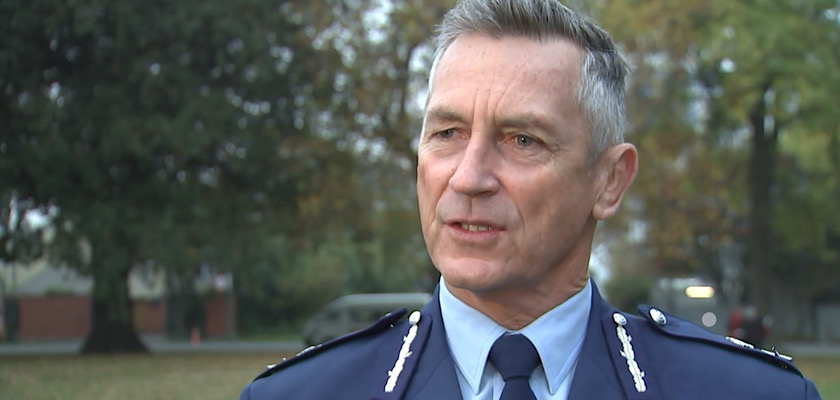One constant that’s come with the spread of the coronavirus has been the proliferation of digital tools that are slowly encroaching on people’s civil liberties.
And recent comments from the New Zealand police have revealed the alarming rate that people are willingly adopting these tools to snitch on their fellow citizens.
According to the New Zealand police, a new website that was set up for citizens to snitch on people who violate the country’s coronavirus lockdown rules was so popular that it crashed due to the volume of complaints it was receiving.
Under New Zealand’s current lockdown rules, residents have been ordered to stay at home, keep contact to a bare minimum, and stay two meters apart when they do leave their homes.
Police commissioner Mike Bush told reporters: “We’ve had 4,200 reports of people believing others weren’t complying.”
Bush added: “It shows how determined Kiwis are that everyone complies with us.”
The rollout of this online snitching portal in New Zealand is one of several others that has been introduced across the globe.
The US government has also reportedly started using phone location data to track the movements of its citizens amid the coronavirus outbreak – another change that’s been criticized for its impact on civil liberties.
Digital rights group the Electronic Frontier Foundation (EFF) wrote that “government has not shown that new dragnet location surveillance powers would significantly help to contain COVID-19” and added that “fear of surveillance chills and deters free speech and association.”










